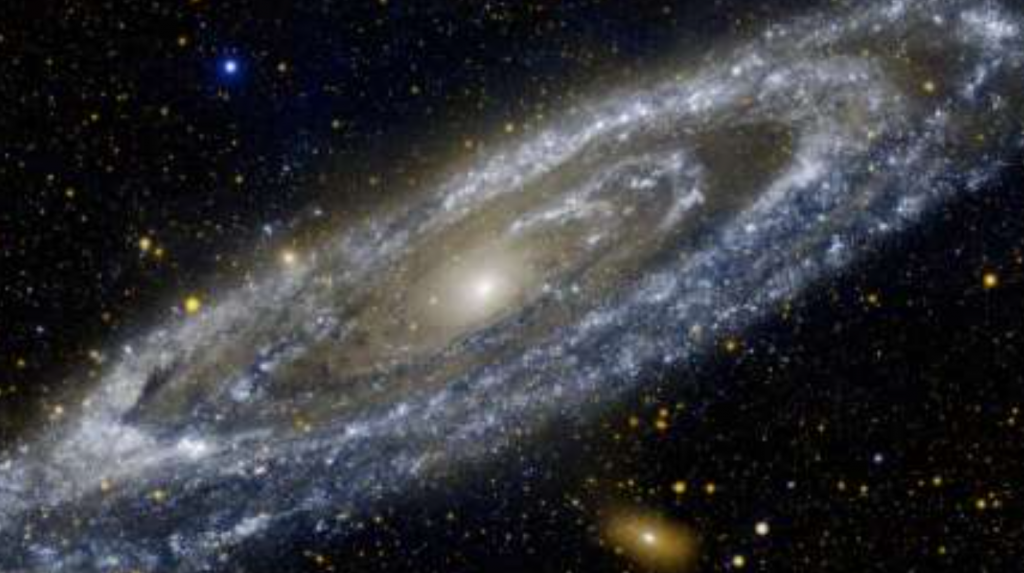Did a god fine-tune the universe so that human life could happen? This is the eighth of a series of short posts about whether gods exist and why the question is an important one.
If certain physical factors in the universe were even slightly different, human life would not have been possible. These include how matter was distributed when the big bang happened, and the values of some fundamental constants of nature.
 |
| Photo – Andromeda galaxy from NASA |
Does this mean that a god must have fine-tuned the universe for the purpose of enabling life?
This is sometimes called the Teleological argument. Teleology refers to the purpose of something. It typically goes like this:
- The fine-tuning of the universe is due to Physical Necessity, Chance, or Design.
- It is not due to Physical Necessity or Chance.
- Therefore, it is due to Design.
But in premise 1, even using the word ‘fine-tuning’ assumes what the argument is trying to prove: that some being with agency has done the supposed ‘fine-tuning.’ Instead, we should start by asking about the physical constants, not about why there is fine-tuning.
Premise 1 also assumes that there are only three possible reasons. It could be statistical likelihood, or it could be some other reason that we are unaware of.
Premise 2 and the conclusion typically involve applying great skepticism to the two options that don’t involve a god, then giving a free pass by default to the remaining option that does involve a god.
But however unlikely the constants of nature might seem, it is even more unlikely that a conscious being exists that is capable of creating a universe and deliberately designing those unlikely constants. This idea is pure speculation with no evidence.
Indeed, the conclusion of design by a theistic god is the oddest option, because a theistic god would not need to fine-tune physical constants in order to enable life to develop.
The whole point of the theistic theory of life is that our life is not dependent on our physical bodies, but is in essence a spirit or soul that exists separately from our bodies. That doesn’t require a physical universe at all, never mind one that seems fine-tuned.
From a scientific perspective, physicist Sean Carroll has said that:
- With different physical parameters, other forms of life might be able to evolve.
- Physicists may revise their understanding of the parameters (like they have done with the expansion rate of the universe).
- Even if you think that the parameters are fine-tuned, they would be massively over-tuned for the purpose of allowing life.
- The multiverse is a prediction of simple elegant physical theories, and, unlike theistic ideas of supernatural fine tuning, if you start with the multiverse you can make and test other predictions such as density of dark matter.







No comments